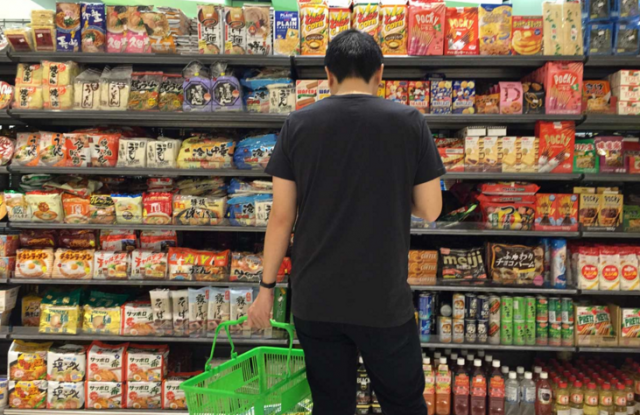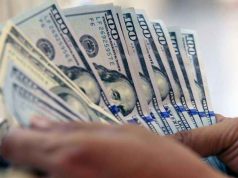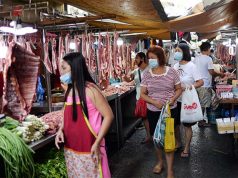MANILA – Filipinos grew less optimistic in the third quarter amid increasing concern on the unresolved conflict in Marawi City, alongside expectations of higher expenses, low incomes, and strong rains, the results of a recent central bank survey showed.
The latest Consumer Expectations Survey (CES) saw that some 10.2% of Filipino families are upbeat about economic and financial prospects between July to September, slipping from the record-high 13.1% posted in the previous quarter.
The Bangko Sentral ng Pilipinas (BSP) conducted the poll among 5,597 families between July 1-15, which weighs the number of Filipinos optimistic versus those pessimistic of local economic conditions, and of their family’s financial situation and income.
Still, the net confidence index was the second-highest seen since the quarterly survey started in 2007.
Optimism remained in positive territory since the third quarter of 2016 or when President Rodrigo R. Duterte assumed office. Prior to that, quarterly net confidence scores were negative, which showed that more residents were doubtful of local prospects.
Optimism slipped due to the occurrence of calamities during the quarter – which covers the rainy season – as well as concerns on the peace and order situation due to the unresolved conflict in Marawi City left some Filipinos jittery.
The fighting in Marawi has left 133 soldiers, 65 civilians, and 614 rebels killed as of Aug. 28, according to Malacañang. Thousands of residents have also fled to other cities and are living in evacuation centers as the military pursues its offensive versus the Maute Group to recover the city in Mindanao.
The respondents also attributed their less favorable outlook to expectations of higher prices of goods and services, low or no increase in incomes, more jobless Filipinos, and poor health.
Rosabel B. Guerrero, director of BSP’s Department of Economic Statistics, said consumer outlook weakened across income groups, particularly for Filipinos living in the provinces.
The confidence index for low-income households even slipped to negative territory amid expectations that they will not see any salary increase during the quarter, with pessimists outweighing the optimists.
Families also do not see themselves making big-ticket purchases this quarter, as they instead focused on buying food and other basic needs over acquiring cars, homes, and other high-value items.
Despite the slide in consumer optimism, BSP Deputy Governor Diwa C. Guinigundo said he still expects a pickup in consumer spending during the quarter, which in turn will support robust economic growth.
“The CES is still very much positive. That means household consumption… will remain resilient and relatively robust compared to previous years,” Mr. Guinigundo said during a press briefing on Friday.
Some 13.9% of Filipinos remain positive about the country’s economic condition, down from the 26.6% tallied during the second quarter.
Gross domestic product (GDP) expanded by 6.5% during the second quarter, picking up from the 6.4% pace logged during January-March and approaching the government’s 6.5-7.5% growth goal for the entire year.
Families broadly expect commodity prices to keep rising but at a measured pace, while interest rates are likewise seen to keep an upward trend. Meanwhile, the peso is expected to continue to depreciate versus the dollar over the year ahead.
On the other hand, more families supported by overseas Filipino workers opted to use their money on food, education, and investments. Those deploying the remittances on savings slipped to 42.1% from 45.9% the previous quarter, the BSP said.
Consumers were generally more upbeat about prospects during the fourth quarter as they expect higher salaries and more jobs, along with improved security conditions as they see the Marawi conflict resolved soon.
Net optimism climbed to 17.8% for the fourth quarter coming from 13.6% previously, which was observed across all income groups.








